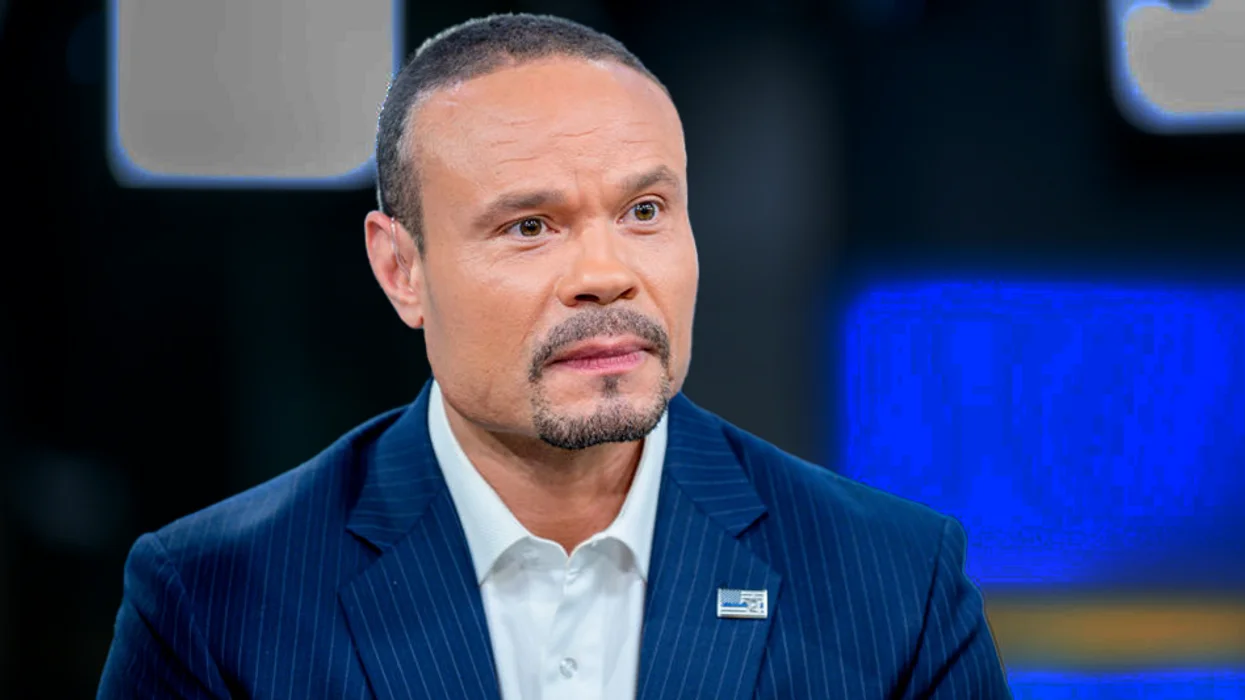
© 2025 Blaze Media LLC. All rights reserved.

FLAGSTAFF, Ariz. (The Blaze/AP) -- Planned Parenthood is ending abortion services in three Arizona cities to comply with recent state laws that placed restrictions on abortions, the organization announced Thursday.
This move comes as abortion restrictions become more common in states across America. In fact, The Blaze reported back in July that, on the whole, states implemented a record number of laws related to reproductive rights in the first six months of 2011. Arizona is following suite.
Starting Friday, women will no longer be able to terminate their pregnancies at the Planned Parenthood clinics in Prescott Valley, Flagstaff and Yuma that offered abortion through medication. Women can still receive surgical and medication abortions in the Tucson and Phoenix areas, but those services will cease at some suburban locations.
"I think we've really done women a disservice in all parts of the state by imposing rules that have no medical significance and just creating barriers," said Bryan Howard, president of Planned Parenthood of Arizona.
The move came a week after an Arizona a state appeals court allowed key parts of a 2009 state law restricting abortions to take effect. That includes a requirement that women see a doctor in person the day before getting an abortion to hear about risks and alternatives, and allowing health care workers to refuse to participate in abortions for moral or religious reasons.
The Arizona Court of Appeals ruled the provisions constitutional and said they do not put an undue burden on women seeking to end their pregnancies, echoing the statements of anti-abortion advocates.
 Howard said the group likely will appeal the ruling to the Arizona Supreme Court but believed it was broad enough to impact a separate challenge over 2011 laws regarding abortion.
Howard said the group likely will appeal the ruling to the Arizona Supreme Court but believed it was broad enough to impact a separate challenge over 2011 laws regarding abortion.
Planned Parenthood withdrew a request for a preliminary injunction in that case ahead of a Sept. 12 hearing, Howard said.
But Howard said he was unclear whether provisions of the 2011 law that prohibit nurse practitioners from performing medication abortions would go into effect immediately but decided to scale back abortion services anyway. Flagstaff, for example, has only a nurse practitioner who performs abortions.
Dave Cole, solicitor general for the state attorney general's office, said it would defer to the judge in the case on when the laws are enacted.
The news that the Flagstaff clinic would end its abortion services came as a disappointment to Lisa Rayner, who traveled to Phoenix from Flagstaff in 1999 for a surgical procedure to end her pregnancy. Rayner underwent the procedure at the advice of her gynecologist, who told her uterine fibroids would make for a high-risk delivery.
Rayner said she is now concerned that low-income women who can't take off time for work and teenagers afraid to tell their parents they are pregnant now might resort to unsafe abortions.
"It just adds more stress to what is already a stressful experience," said Rayner, who turns 45 on Friday.
More than half of U.S. states require waiting periods for abortions - typically 24 hours, while a larger number require some type of counseling beforehand, according to the National Conference of State Legislatures.
In Kansas, two abortion providers are challenging new regulations for hospitals, clinics and doctor's offices performing five or more elective abortions a month. A North Dakota law, also being challenged, would prevent the state's only abortion clinic from performing medication abortions. Funding for Planned Parenthood is also under attack in some states.
Catherine Welker, a spokeswoman for Planned Parenthood of America, said the organization has had to discontinue services, sometimes just temporarily, while it fights the restrictions imposed by states.
"We find that all over the country where some state laws are more strict than others, people are willing to travel to get the services they need," said. "But there are also plenty of women who do not have access to travel and do not get the services they need."
Preventative care will be more important than ever in Arizona now that women, particularly in the northern part of the state, will have to drive farther to reach abortion clinics if that's what they choose, Howard said.
Want to leave a tip?
We answer to you. Help keep our content free of advertisers and big tech censorship by leaving a tip today.
Want to join the conversation?
Already a subscriber?
Billy Hallowell is a digital TV host and interviewer for Faithwire and CBN News and the co-host of CBN’s "Quick Start Podcast."
Billy Hallowell
Billy Hallowell is a digital TV host and interviewer for Faithwire and CBN News and the co-host of CBN’s "Quick Start Podcast."
more stories
Sign up for the Blaze newsletter
By signing up, you agree to our Privacy Policy and Terms of Use, and agree to receive content that may sometimes include advertisements. You may opt out at any time.
Related Content
© 2025 Blaze Media LLC. All rights reserved.
Get the stories that matter most delivered directly to your inbox.
By signing up, you agree to our Privacy Policy and Terms of Use, and agree to receive content that may sometimes include advertisements. You may opt out at any time.





